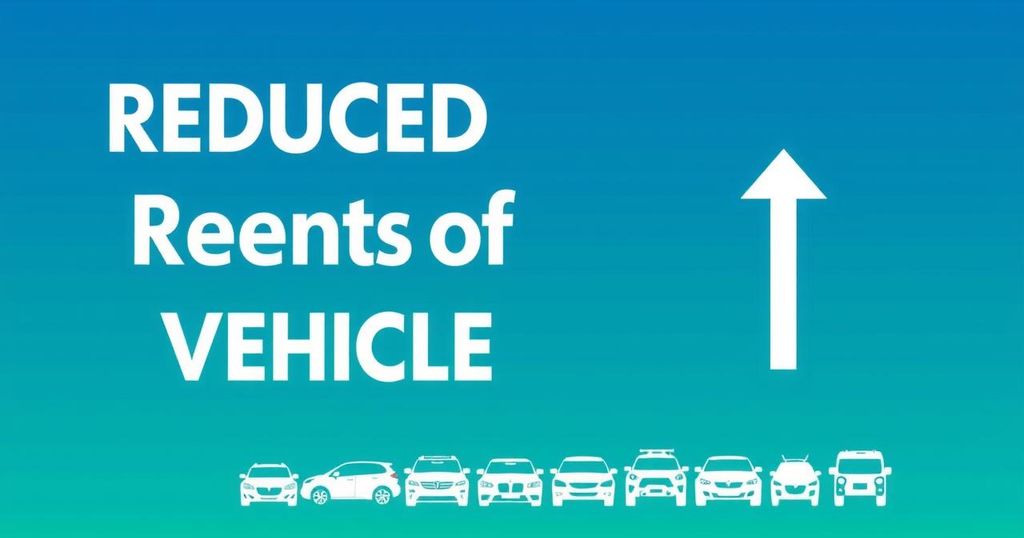Nigeria’s passenger car imports decreased by 14.2 percent in 2024 due to exchange rate volatility and inflation, totaling N1.26 trillion compared to N1.47 trillion in 2023. The depreciation of the naira and increased customs duties have exacerbated the situation, influencing consumer preferences toward locally made vehicles.
In 2024, Nigeria’s passenger car imports experienced a notable decline, dropping by 14.2 percent to N1.26 trillion from N1.47 trillion in 2023. This downturn is primarily attributed to the instability of the exchange rate and rising inflation rates, which have severely impacted import activities in the country.
The significant decrease in car imports underscores the ongoing economic challenges in Nigeria, particularly concerning currency stability and inflation. With the cost of imported cars soaring, many consumers have shifted their preferences towards locally manufactured vehicles. This trend reflects broader socioeconomic changes, particularly the widening gap between wealth classes in Nigeria.
Original Source: businessday.ng






